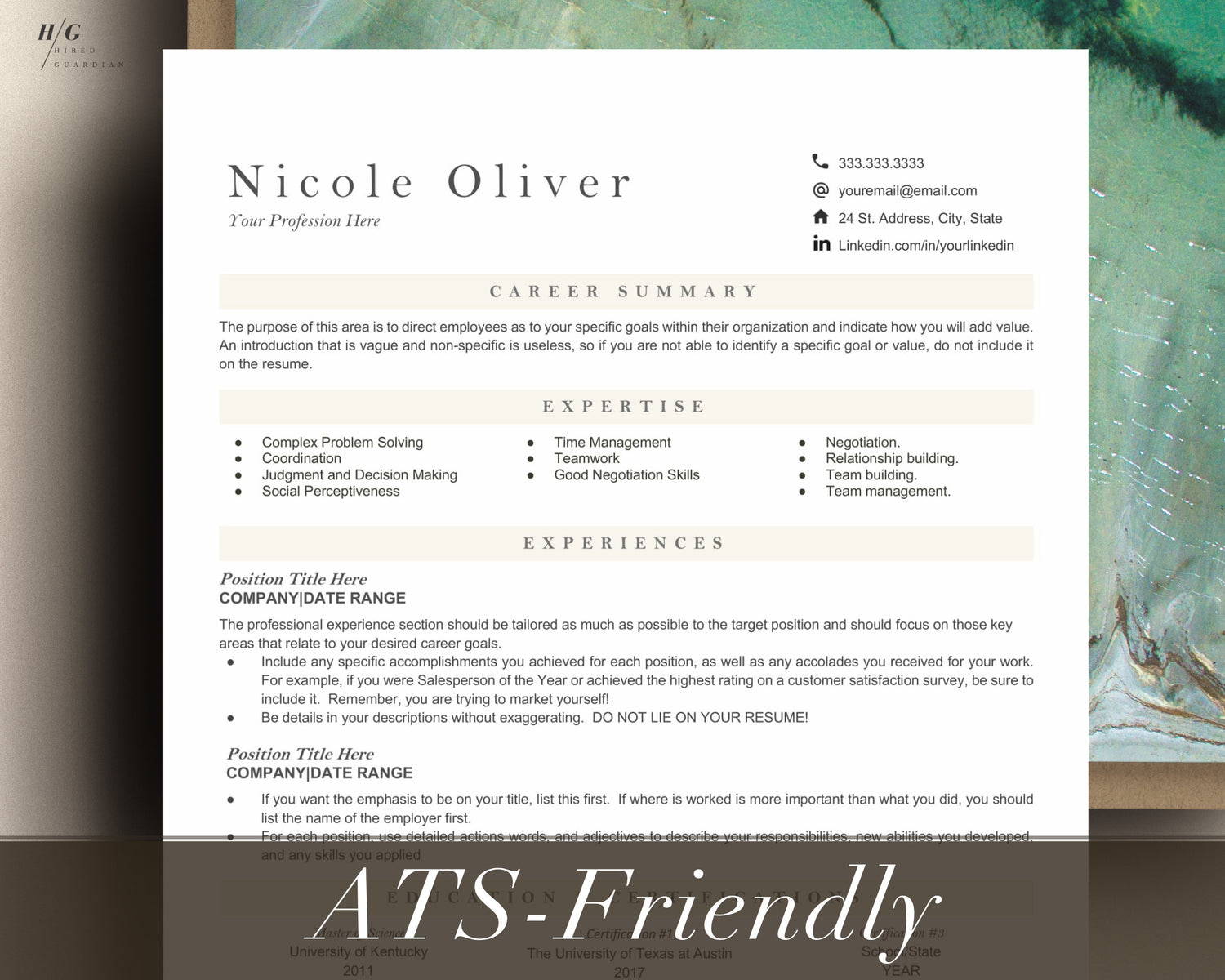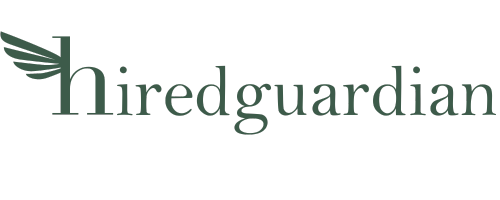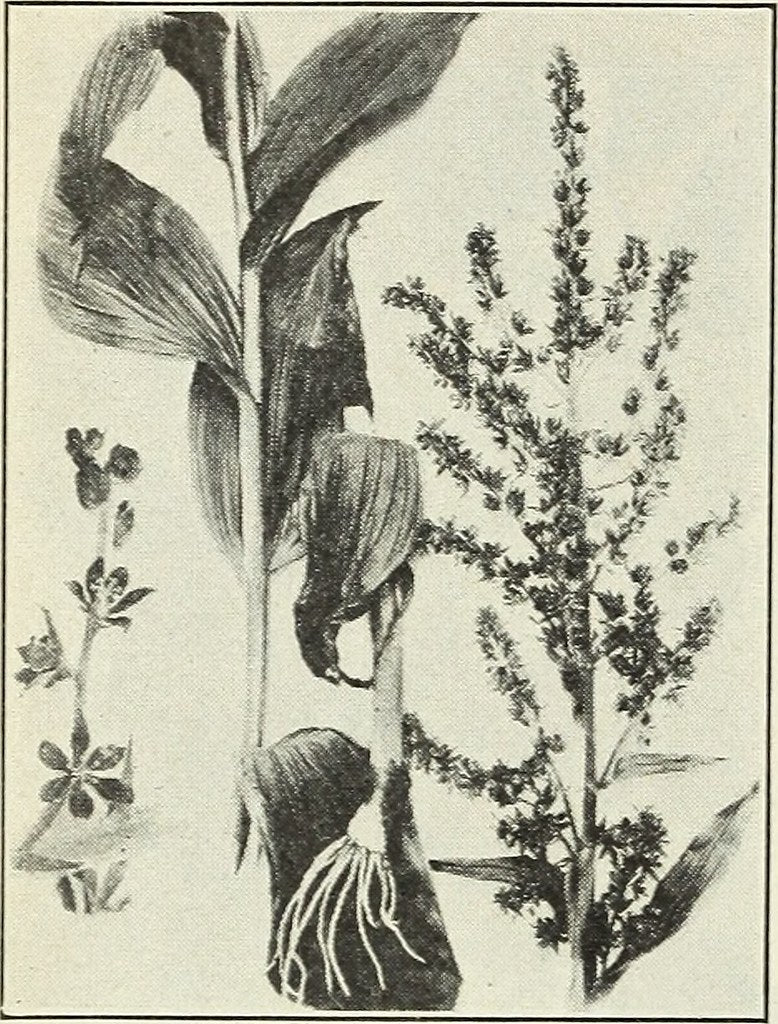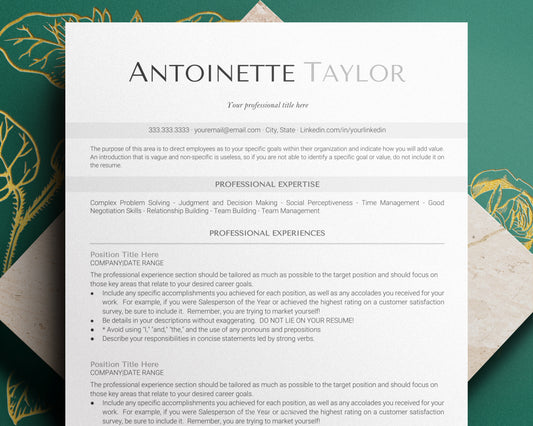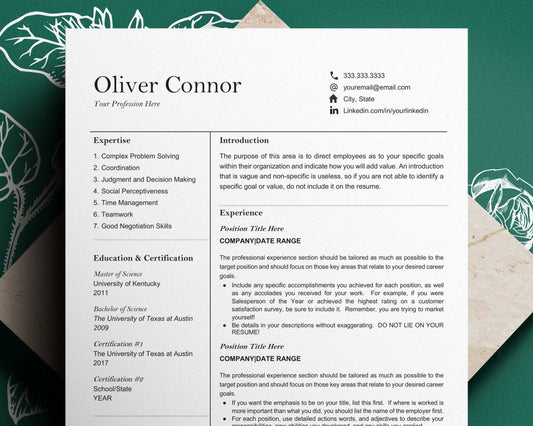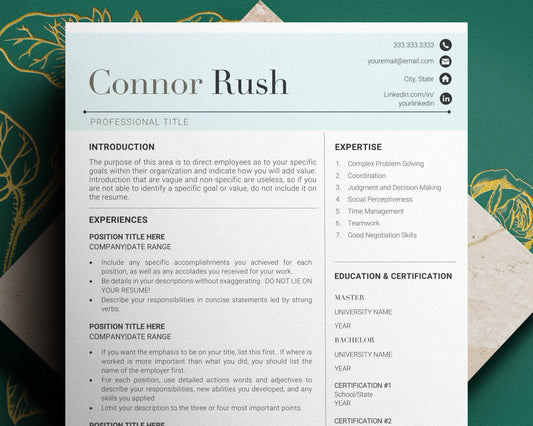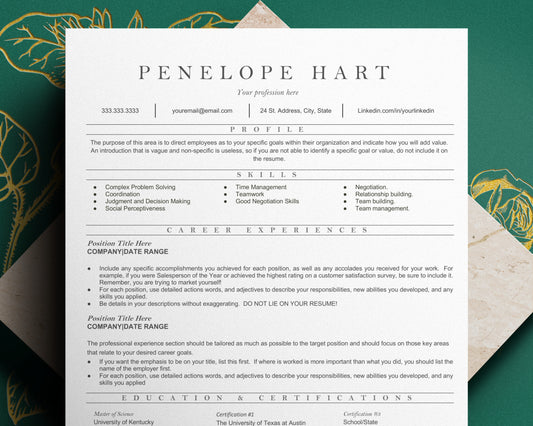1-Page Resume: A 1-page resume is appropriate for individuals who are just starting their career, have limited work experience, or are applying for entry-level positions. It's also suitable for industries where brevity is valued, such as journalism or creative fields. Keep in mind that a 1-page resume doesn't mean that you should sacrifice important information or skimp on details. You still need to provide a comprehensive overview of your skills and experiences, but it should be presented in a concise and targeted manner.
2-3 Page Resume: A 2-3 page resume is more appropriate for individuals who have several years of work experience, have worked in multiple positions or industries, or have a diverse skill set. It's also suitable for senior-level positions or executive roles, where a more extensive resume is expected. With a 2-3 page resume, you have more space to showcase your achievements, provide more detailed information about your work history, and highlight your relevant skills and qualifications. However, it's important to note that you should still aim to be concise and focus on presenting information that is relevant to the job you are applying for.
Ultimately, the length of your resume should be determined by your individual circumstances, industry norms, and the requirements of the job you are applying for. Regardless of the length, your resume should be well-organized, targeted, and easy to read, with clear headings and bullet points that highlight your key qualifications and accomplishments.
